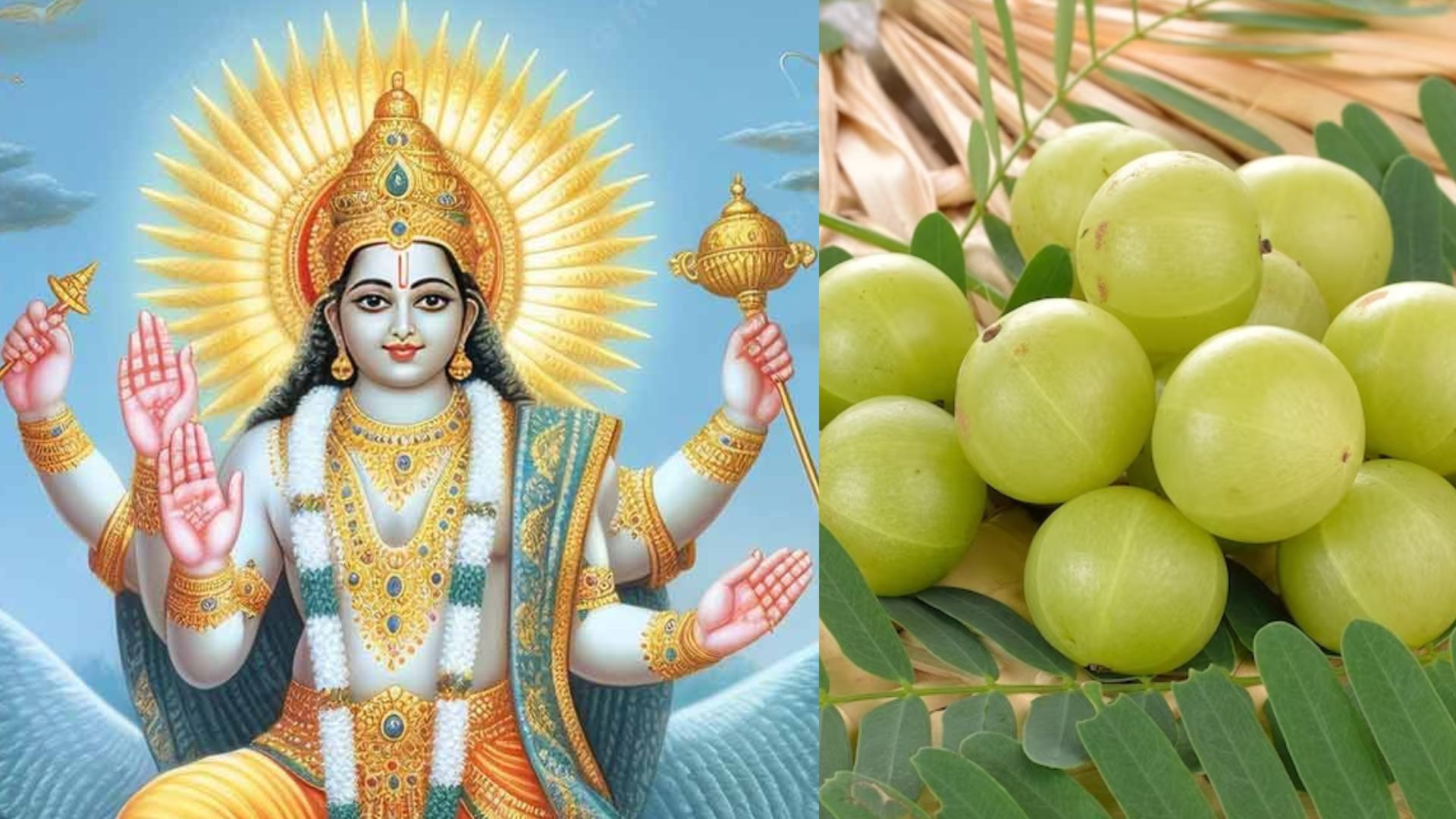
Sacred Fast of the Amla Tree and Lord Vishnu
Amalaki Ekadashi is a revered Hindu observance dedicated to Lord Vishnu and the Amalaki tree (Indian gooseberry), celebrated with deep spiritual devotion. It falls on the eleventh day (Ekadashi) of the bright lunar fortnight (Shukla Paksha) in the month of Phalguna (February-March) according to the Hindu calendar. This day blends faith, purification, and devotion, and is observed with fasting, worship, and prayer to seek divine blessings and spiritual upliftment.
When Amalaki Ekadashi Occurs
Amalaki Ekadashi typically falls in the month of Phalguna, usually corresponding to February or March in the Gregorian calendar. In 2026, Amalaki Ekadashi will be observed on Friday, 27 February 2026, according to the Hindu lunisolar calendar.
Religious and Spiritual Meaning of Amalaki Ekadashi
1. Devotion to Lord Vishnu
Amalaki Ekadashi is primarily a dedication to Lord Vishnu, the supreme preserver in the Hindu Trimurti. Observing the fast with sincerity is believed to bring spiritual merit, remove past karmic debts, and invite divine protection.
2. Reverence for the Amalaki Tree
The Amalaki tree (Indian gooseberry) is considered sacred and divine in Hindu tradition. It symbolizes health, longevity, purity, and prosperity. Many devotees worship the tree itself on this day, invoking Lord Vishnu’s blessings through its sacred presence.
3. Purity, Wellness and Spiritual Growth
The combination of fasting and worship reflects the broader Hindu ideal of purifying the mind, body, and soul. Many devotees believe that the observance helps achieve peace, prosperity, spiritual growth, and overall well-being.
Customs and Rituals of Amalaki Ekadashi
Fasting Traditions
Devotees observe a fast (vrat) on Amalaki Ekadashi. The fast may be strict (without food and sometimes without water) or include fruits and sattvic foods, depending on personal tradition and capacity. Fasting is considered an act of self-discipline and surrender.
Morning Worship and Prayer
On the day of Ekadashi, devotees wake up early, take a ritual bath, and prepare for prayer. They offer flowers, incense, lamps, and/or tulsi leaves to Lord Vishnu and to the Amalaki tree, chanting devotional mantras.
Chanting and Devotional Reading
Devotional recitations such as the Vishnu Sahasranama or other sacred texts are commonly read or listened to, deepening the spiritual atmosphere of the observance.
Night Vigil and Community Prayer
Some traditions include night vigil (jagaran) with bhajans and kirtans, honoring Lord Vishnu and celebrating the sacred presence in nature represented by the Amalaki tree.
Breaking the Fast (Parana)
The fast is traditionally broken the next morning after sunrise, during an auspicious window known as Parana, with gratitude and simple offerings.
Symbolism and Ritual Importance
Amalaki Ekadashi is sometimes also known as Rangbhari Ekadashi, as it falls close to the festival of Holi, linking spiritual observance with the upcoming festivities of colour and joy. Devotees also spend time near the Amalaki tree during prayers to absorb its auspicious energy.
The Amalaki tree is believed to contain medicinal attributes and is revered as a living symbol of divine grace. Worshipping it on this day is associated with health, immunity, and longevity.
Cultural and Community Significance
Amalaki Ekadashi brings families and communities together in shared observance. Neighbors and relatives often join in communal prayers, share fasting experiences, and engage in devotional singing, creating a sense of unity and shared devotion.
Contemporary Relevance of Amalaki Ekadashi
In modern times, Amalaki Ekadashi continues to be relevant as a symbol of holistic well-being, combining spiritual discipline with cultural tradition. It encourages people to reflect on life’s purpose, engage in self-care, and seek inner harmony while honoring age-old customs.
Summary: What Amalaki Ekadashi Represents
Amalaki Ekadashi is a sacred festival that blends faith, discipline, nature worship, and spiritual pursuit. Through fasting, prayer, and devotion to both Lord Vishnu and the Amalaki tree, devotees seek purification of the soul, divine blessings, and holistic blessings for health, prosperity, and peace.
इस आर्टिकल को हिंदी में पढ़ने के लिए यहां क्लिक करें